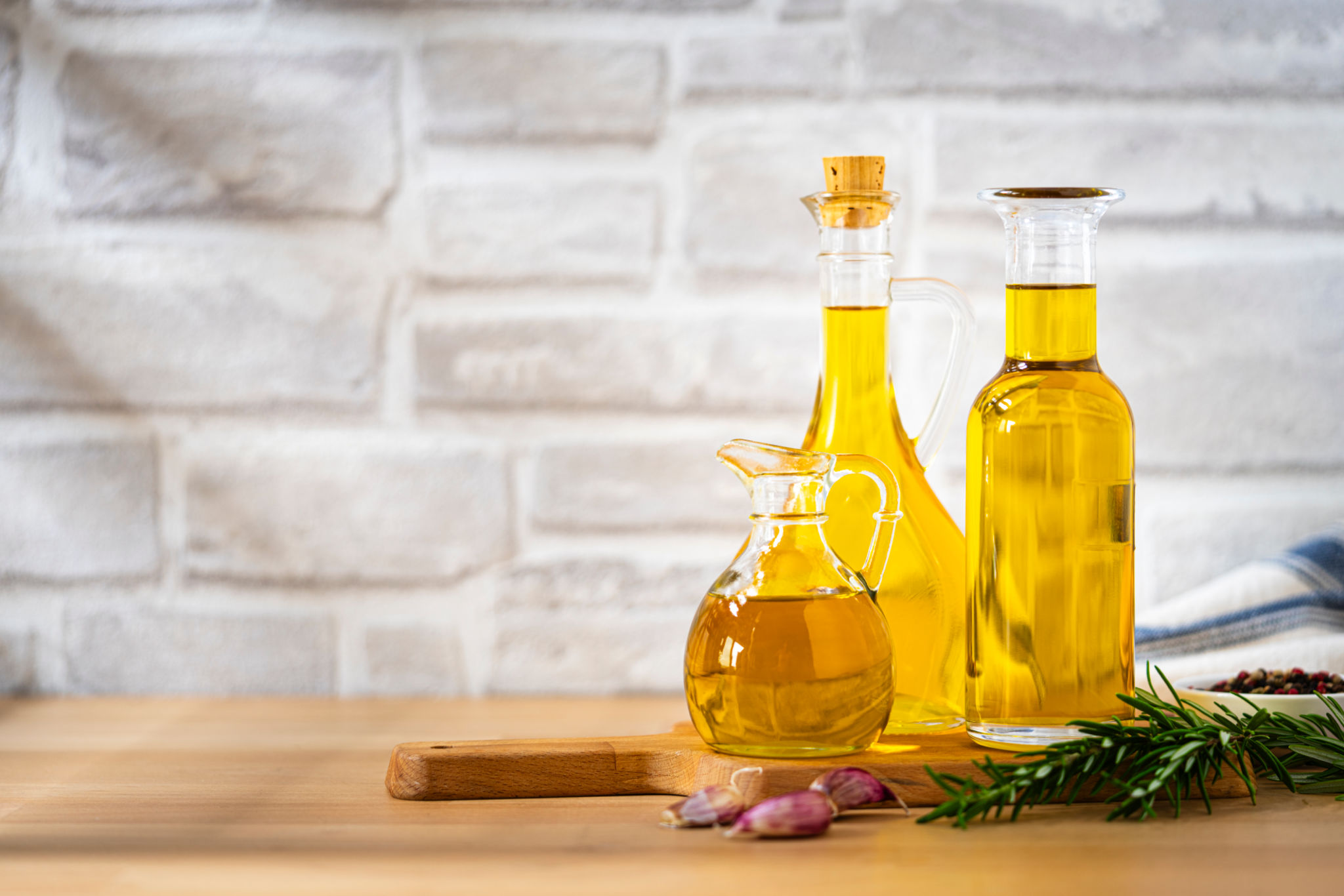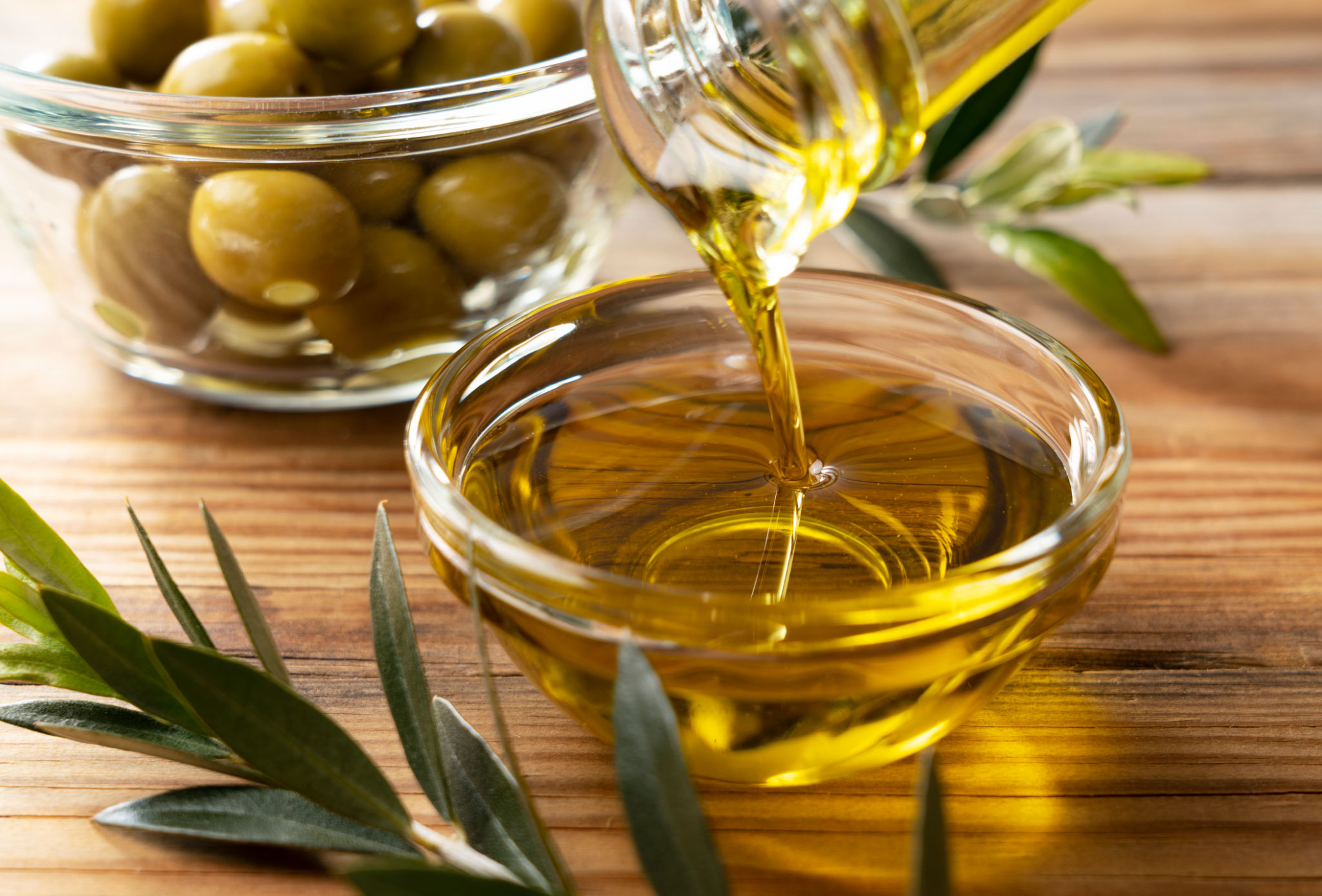How to Identify Authentic Greek Olive Oil
NB
Understanding the Importance of Authenticity
Greek olive oil is renowned worldwide for its exceptional quality and rich flavors. However, with its popularity comes the risk of encountering counterfeit products. Identifying authentic Greek olive oil is essential to ensure you enjoy its true benefits and flavors. This guide will help you distinguish genuine Greek olive oil from imitations.
Check the Label
The first step in identifying authentic Greek olive oil is to examine the label carefully. Look for indications of origin such as "Product of Greece" or specific regions like Crete, Kalamata, or Peloponnese. Authentic olive oils often carry certification logos like "PDO" (Protected Designation of Origin) or "PGI" (Protected Geographical Indication), which verify their authenticity and geographical origin.

Examine the Packaging
Authentic Greek olive oil is usually packaged in dark glass bottles or tins to protect it from light, which can degrade its quality. Avoid oils in clear plastic bottles, as exposure to light can lead to oxidation and a decrease in nutritional value. Additionally, check for a harvest date on the packaging, which indicates freshness. Olive oil is best consumed within 12 to 18 months of harvest.
Consider the Price
Premium-quality Greek olive oil is often more expensive due to the meticulous production process. Extremely low prices may be a red flag, indicating a mix with inferior oils or a lack of authenticity. While price alone isn't a definitive indicator, it can help guide your purchase decision.

Conduct a Sensory Evaluation
The sensory characteristics of olive oil can tell you a lot about its quality and authenticity. Here's how to conduct a basic sensory evaluation:
- Aroma: Authentic Greek olive oil should have a fresh, fruity aroma reminiscent of green olives or grass.
- Taste: When tasted, the oil should be well-balanced with a hint of bitterness and pepperiness, which are indicators of high-quality polyphenols.
- Color: Although color is not an accurate quality indicator, genuine Greek olive oil typically ranges from golden yellow to green.
Research the Producer
Before purchasing, research the producer or brand. Reputable producers often provide detailed information about their production methods and sourcing. Look for brands with a strong reputation for quality and authenticity. Many producers offer online resources or customer service to answer any questions about their products.

Avoid Common Pitfalls
Be wary of misleading terms like "pure" or "light" on olive oil labels, as they can suggest refined oils with diminished quality. Always opt for "extra virgin" olive oil, which is the highest grade with no chemical processing involved.
By following these guidelines, you can confidently select authentic Greek olive oil and enjoy its unparalleled flavors and health benefits. Remember, investing in genuine products ensures you receive the nutritional advantages and taste that only real Greek olive oil can offer.